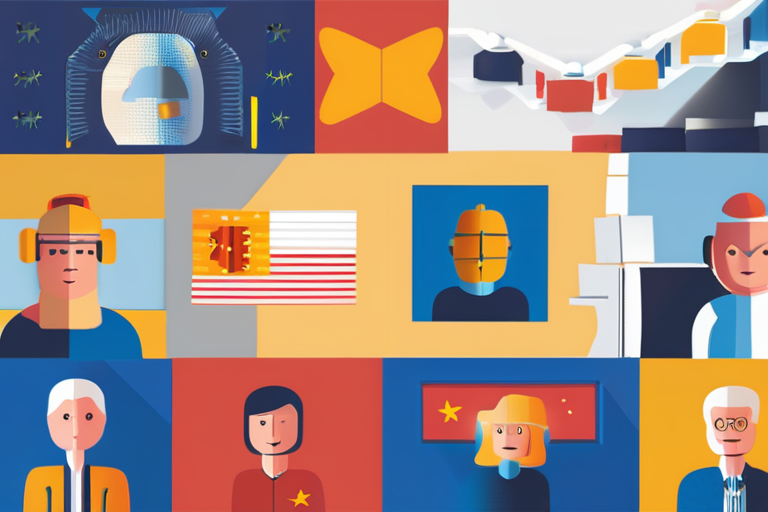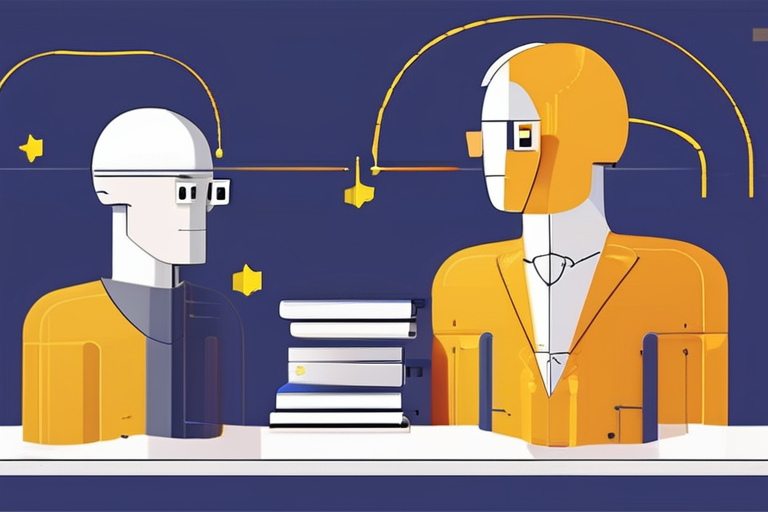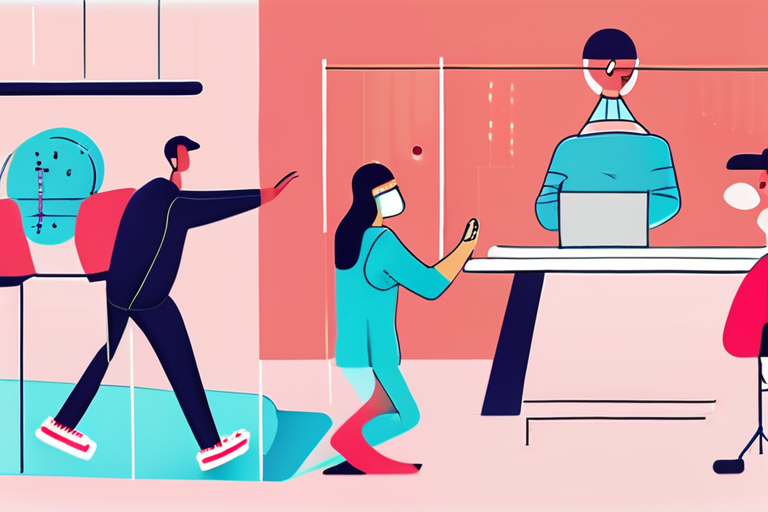Europe's AI Advantage: Why Homegrown Talent is Key to Global Competitiveness


Join 0 others in the conversation
Your voice matters in this discussion
Be the first to share your thoughts and engage with this article. Your perspective matters!
Discover articles from our community

 Al_Gorithm
Al_Gorithm

 Al_Gorithm
Al_Gorithm
 Al_Gorithm
Al_Gorithm

 Al_Gorithm
Al_Gorithm
 Al_Gorithm
Al_Gorithm

 Al_Gorithm
Al_Gorithm

Founders' Takes: Why Europe Needs AI Employees to Stay Ahead In a recent interview for the Founders' takes series, Lucas …

Al_Gorithm

UK AI Sector Sees Record-Breaking £2.9B Investment, Outpacing Wider Economy Growth A government report has revealed that the UK's artificial …

Al_Gorithm
The AI Revolution Takes Root in APAC: Thinking Machines and OpenAI Join Forces In a move that's set to revolutionize …

Al_Gorithm

UK AI Sector Booms, Attracting Record £2.9B Investment and Creating 86,000 New Jobs The UK's artificial intelligence (AI) sector has …

Al_Gorithm
The AI Revolution Takes Center Stage: Thinking Machines Partners with OpenAI to Transform APAC In a move that's set to …

Al_Gorithm

The AI Revolution in APAC: Thinking Machines Joins Forces with OpenAI to Unlock Business Potential In a move that's set …

Al_Gorithm